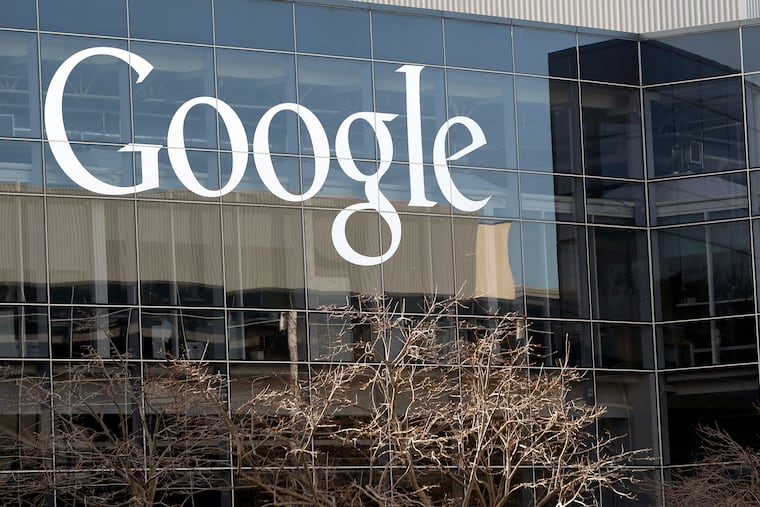Google must give a fair deal to news publishers | Opinion
The news industry has seen revenues drop 54 percent since 2006, according to research from Pew. The rise of the tech platforms and their dominance of online content has played a major role in this trend.

The American public gets more news than ever, with more than 200 million unique visitors consuming digital news each month. However, the economics of that consumption will not sustain the investments needed for quality journalism. The news industry has seen revenues drop 54 percent since 2006, according to research from the Pew Research Center. The rise of tech platforms and their dominance of online content has played a major role in this trend.
Although many may claim that those trends are unrelated and that the news industry has not adapted to digital distribution, a new study, containing analysis by experts at strategy and economics consulting firm Keystone Strategy and written by the News Media Alliance, illustrates that the news industry’s loss has been directly impacted by Google’s gain.
According to the study, news content has produced significant financial returns for Google:
39 percent of search results and 40 percent of clicks on trending queries are news content.
16 percent of results and clicks on the “most searched” queries are news results.
In 2008, Google News generated approximately $100 million to the company.
Based on News Media Alliance members’ traffic, news consumption on Google Search is at least six times larger than on Google News.
Taken together, Google made an estimated $4.7 billion in revenue from news content in 2018.
This estimate is conservative, and the true value of news content is likely much higher for reasons that are difficult or impossible to quantify. Not only is Google driving Search with news, but the company is using news content for product development, such as training its artificial intelligence services, in order to keep users in the Google ecosystem. The additional uses of news content as drivers of engagement are also potentially serious drivers of data and revenue for the platform.
Most notably, AMP (accelerated mobile pages) and the addition of a “Breaking News” category on YouTube have made it possible for people to indulge in all the news content they want without ever going to a publisher’s website. As a result, publishers are losing ad revenue, brand recognition, and valuable data that could help them build stronger relationships with their readers. Google, on the other hand, is generating more traffic and user data that it can use to keep consumers in its ecosystem for even longer periods.
As with any business, in order to survive, news publishers need to be able to make money from their product, which can be reinvested in producing more. While information may want to be free, journalists need to get paid. This requires finding common rules for a fair and equitable online ecosystem that allows publishers to maintain the quality of their content that readers expect.
This is not only essential for the future of journalism, but it helps ensure an informed democracy and civic society. Our local communities and public discourse rely on the availability of and access to high-quality news that keeps our decision-makers accountable. News deserts are a growing concern, with many communities without access to local news. Local news publishers’ health and sustainability – and that of our democracy – requires the platforms to acknowledge their role and to engage with publishers to create a more just digital marketplace.
David Chavern is president and CEO of the News Media Alliance.